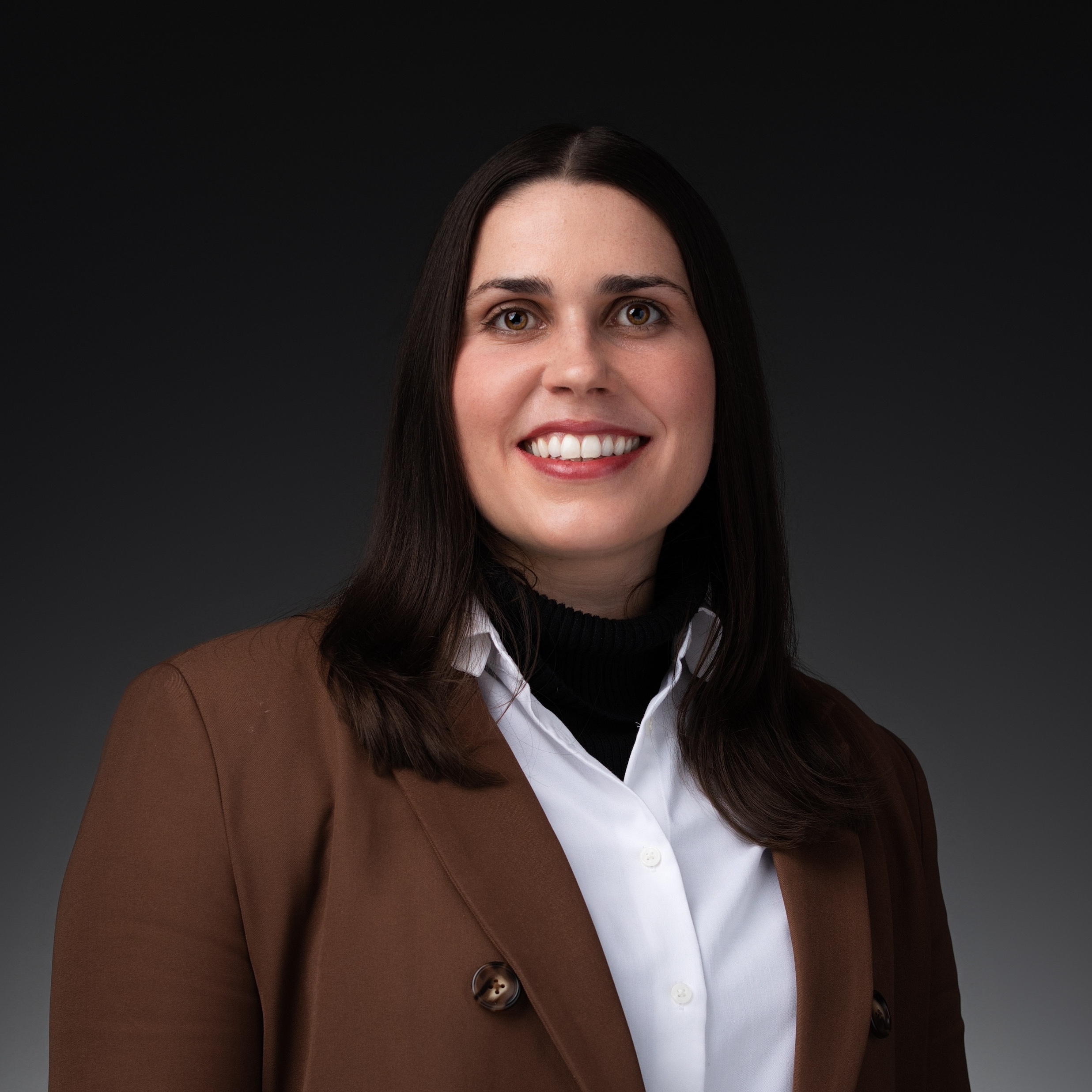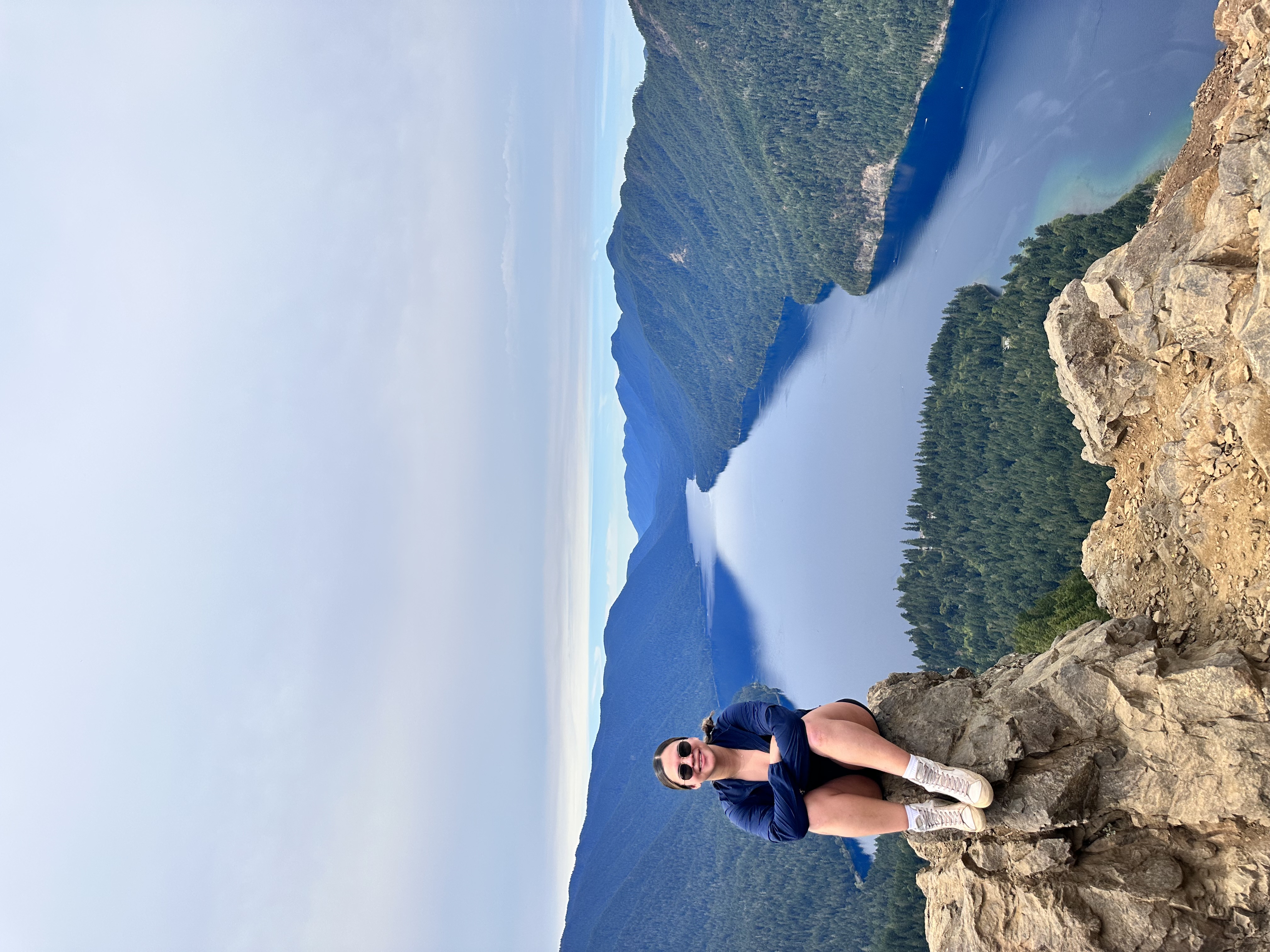
Shifts in microbial community composition can occur because of local or site-to-site variations or system-scale changes that affect the whole distribution system. Intentional disturbances from drinking water treatment facility operations improve water quality in the long-term, but can have unintended consequences. The goal of this project is to investigate the effect of disturbances on microbial communities in distribution systems and inform management practices.







